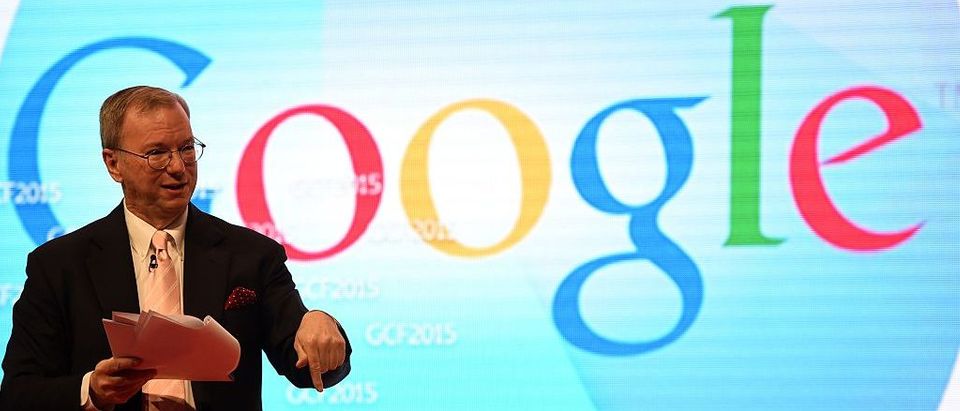Once upon a time, there was a search engine with a funny name and big dreams. After it became renowned for its accuracy and unpredictable algorithms, its creators decided to turn it into a company, with the charmingly off-beat slogan “don’t be evil.” And for a certain generation of internet users, of whom this author is a member, that search engine – Google — lived up to that slogan for many years. When Hollywood tried to save their business model by strangling internet freedom with the Stop Online Piracy Act (SOPA), who stopped them? Google. When freelance critics and video journalists needed a platform for their speech, who kept YouTube’s lights on? Google. In short, anytime the unregulated, anarchic nature of the internet was threatened, who was there, ready to hold back the tyrants? Google.
Oh, how the mighty have fallen. Now, after years of fighting stubbornly for free speech and free access to information for every internet user, Google has reversed course and apparently decided it wants to be every internet user’s uncool, hectoring, preachy, Leftist mom. The most recent example of this turn toward HR Department-style busybody behavior by the search giant would be their introduction of the cringeworthy “Internet Citizens” project.
According to Ars Technica, “Internet Citizens” appears to be a series of workshops on such trendy topics of Left-wing moral panic as “fake news” (read: news that points out inconvenient facts for the Left), “hate speech” (read: arguments the Left is too scared to refute), and any number of other things. As described on the project’s own website, it aims to teach teens how to “get creative with our hosts and guest YouTuber,” “stay resilient and confident online and make negativity bounce,” “use video to find your voice and bring people together,” “navigate social media, check facts and (sic) escape social bubbles,” “discover how to use online tools responsibly,” and “not do drugs because drugs are NOT totally radical, dudes!”
Okay, I made that last one up, but given the insufferably cheery, faux-cool corporate-speak that dominates the rest of the project’s “goals,” would you be surprised? Even more hilariously, the founder of the project is named (get this) Nadir. Which is fitting because this project might well be the… well, nadir of Google’s attempts to turn itself into a social policeman through YouTube.
And while the “Internet Citizens” project is just the most easily mockable incarnation of that tendency, make no mistake, it’s been going for ages. Ever since Google debuted its “YouTube Heroes” project last year, which effectively turned moderation of the video streaming service over to totally unvetted keyboard warriors, and then began stripping ad revenue from videos which criticized the Left, the company has been backsliding on its previous commitment to free speech and an unfettered internet. In fact, just last month, YouTube debuted a “Restricted Mode” designed to filter out family-unfriendly content, which somehow managed to offend literally everyone with any political opinion with what it excluded.
And it’s not just YouTube. Google is now in the process of trying to purge ads on its homepage of “hate speech,” a category so subjective and intrinsically useless that only your irritating little cousin with a gender studies degree could love it. Among the categories covered by this new “hate speech” policy is “disparaging speech against groups like immigrants and refugees.” You know, because that isn’t shutting out serious debate or anything.
Fortunately, conservatives have started noticing this blatant attempt to weaponized one of the internet’s biggest giants against them. And given the overwhelmingly Leftist tilt of modern Silicon Valley companies, perhaps it was inevitable. But to see Google, once thought to be the pinnacle of cool, the ultimate anti-censor, the voice of the young and the internet savvy, turn into an enforcer for everything humorless, smug, hysterical, and basic in society is a special sort of tragedy. One only hopes that future generations of internet pioneers will take a lesson from their behavior – that is, if the criticism Google rightly endures for enlisting in the thought police isn’t scrubbed from the internet by Google itself.


